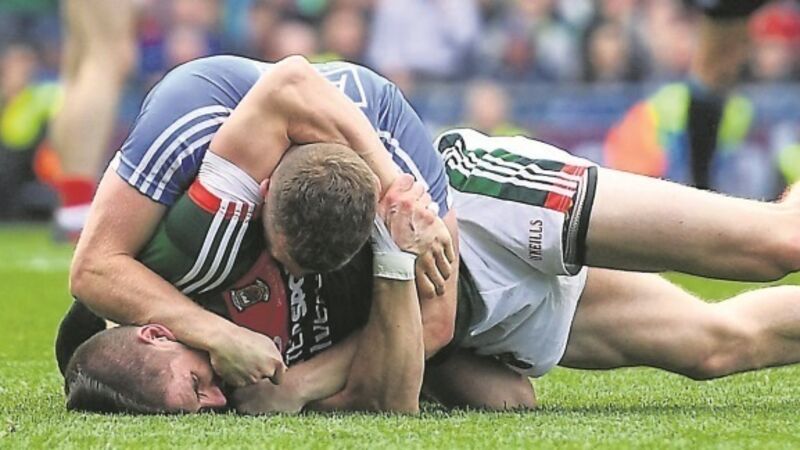There’s no acceptable cynicism. Let’s black ball the offenders

What they found was that athletes essentially identified three distinct sets of rules: What was actually in the rule book, the officials’ interpretation of those rules, and then the players’ own code. The latter was what truly counted. It was only cheating, unfair, if you violated the players’ code.
In a sport like golf, the three were pretty much consistent. It wasn’t just the rule book or course officials who frowned on someone who replaced a ball a few centimetres closer to the hole. If you violated that rule, you violated the players’ code, even your own conscience. You just didn’t do it.












